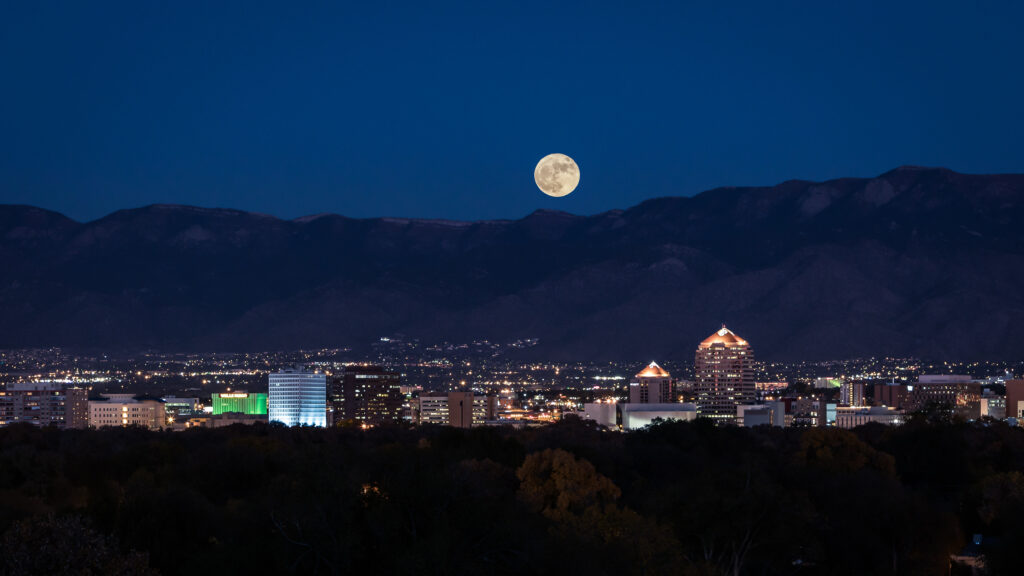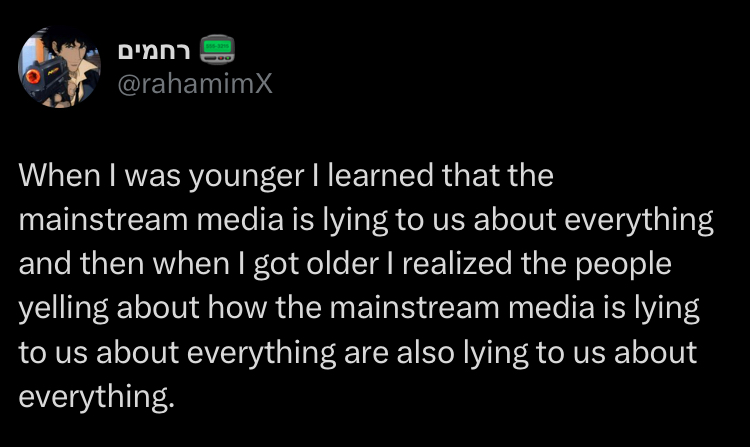
Here at LATE NIGHT LAW, we frequently receive outreach from clients who are being defamed in the media, or on social media. Defamation occurs when false statements injure a person’s reputation. Along with fraud, incitement to violence, and many other forms of speech, defamation is not protected by the First Amendment. The biggest perpetrators of defamation, by far, are so-called “journalists.”
The entire concept of “journalism” is based on a lie: that there is a profession with clear and consistent standards that, if working properly, reports the news with some degree of objectivity. But a journalist is no more than a person who publishes his impressions of matters that he has chosen to prioritize, based on his own interests and biases.
When the media in a dictatorship publishes stories for the benefit of the regime, we call it propaganda. But when publishers in America publish stories for the benefit of one political party against another, or one set of business interests against another, we call it “journalism.” Millions of Americans have been led to believe that this is purely a public interest activity. But “the public interest” is almost always in the eye of the beholder.
Ask yourself: what do barbers, garbage men, teachers, cops, and lawyers all have in common? All of them are required to maintain a certification from the state to practice their trade. In order to maintain those certifications, all of them must adhere to professional rules and standards that are codified in law and enforced by administrative agencies. But the so-called profession of “journalism” has no such standards. In order to practice “journalism,” one does not need to earn a degree, pass an exam, or adhere to any enforceable rules whatsoever.
If you need surgery to remove your appendix, and the doctor removes a wort instead, that would be medical malpractice. But if a prestigious news publisher sells stock to a billionaire heiress, and then fails to report on corruption among her friends in Congress, while reporting instead about a corrupt car dealer in Des Moines, that’s just routine editorial decision making. So it is easy to see that one of these two professions (medicine) is real, and has objective standards, while the other (“journalism”) is fake, and has no standards.
Journalists’ normal practice is to spread rumors to farm engagement. They routinely amplify scandalous and unconfirmed matter that has no civic or intellectual value whatsoever, that they know will damage people and even ruin their lives. They routinely hide biased reporting and even disinformation behind weasel phrases (“Sources suggest,” “Many are saying,” “Some believe” etc.) They routinely engage in quid pro quo with corrupt political insiders, and protect them from exposure, in order to get information to farm engagement with, and advance their own careers. They then have the temerity to equate this slimeball behavior with the highest democratic ideals.
At best, a journalist is just a propagandist. Certainly, that can be a good thing: just like there are “white hat” hackers and “black hat” hackers, propaganda is classified as either white propaganda, grey propaganda, or black propaganda. But the core pretenses of journalism—namely, objectivity, and the so-called “public interest,” are simply bogus. The news is never really reported objectively, and the public interest is a subjective and self-serving concept.
Because these terms (journalism, objectivity, and the public interest) are so subjective, and have traditionally been used so dishonestly, it is no surprise that in the era of social media—when anyone can publish anything and enjoy unprecedented reach—more and more people are describing themselves as “journalists.”

Many of those who now describe themselves as “journalists” are toxic attention-seekers, narcissists, nobodies and ne’er-do-wells with an axe to grind, looking to legitimize themselves with a dignified title.
Calling oneself a “journalist” has always been a way of putting lipstick on a pig, but thanks to the internet, there are simply more pigs than ever before. Demented and half-baked autodidacts, grifters, and anyone with a cell phone, are calling themselves “journalists.” This is not the misappropriation of a formerly dignified title. Rather, it is the time-wear and deterioration of a behavior, multiplied by technology. With no barriers to entry, anyone can be a propagandist, and the results aren’t pretty. Society is more tense, divided, hostile, and psychologically naked than at any time since the invention of the flush toilet.
Indeed, here at LATE NIGHT LAW, many of our clients are victims of defamation by so-called “journalists,” and we frequently receive outreach from potential clients who are being defamed in the media, or on social media. Because the law affords strong protections for defamatory activity, it is important to have a defamation attorney on your side when liars are attacking your reputation. At LATE NIGHT LAW, we understand the landscape of defamation law. We know what you’re going through, and are happy to help.
If you are being subjected to defamation in the media, or online, contact us here, or call us at (505) 225-2623 to speak with a defamation attorney today.
This article is not legal advice, and does not create an attorney-client relationship between the reader and Late Night Law. Please consult an attorney for individualized advice if you have a legal matter.
